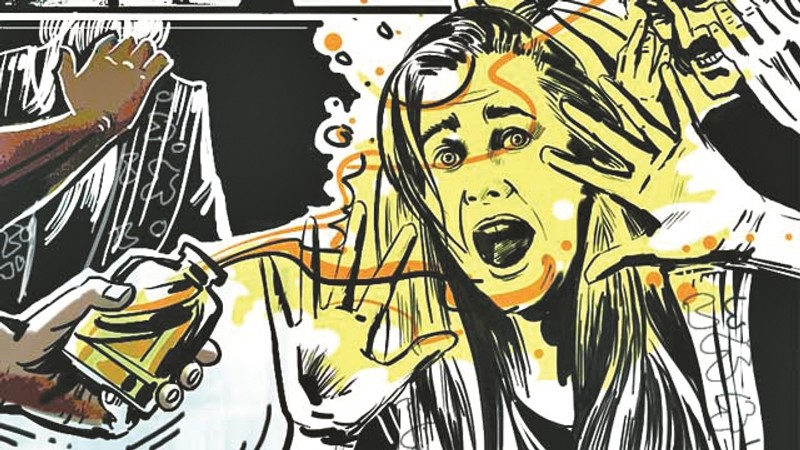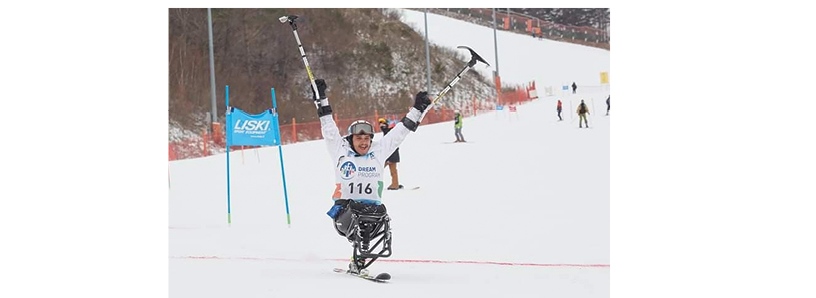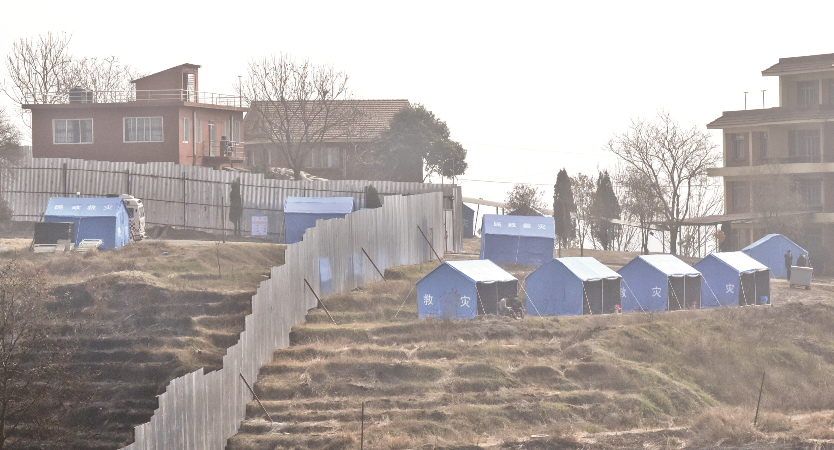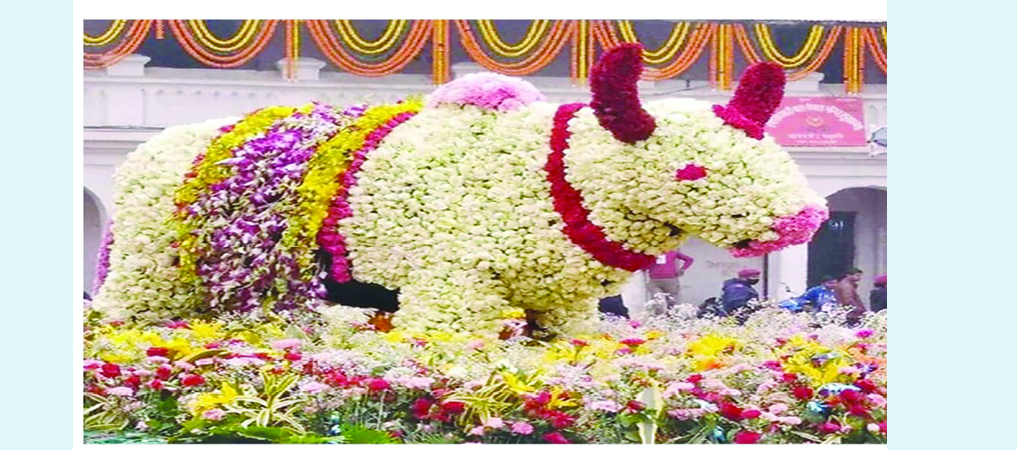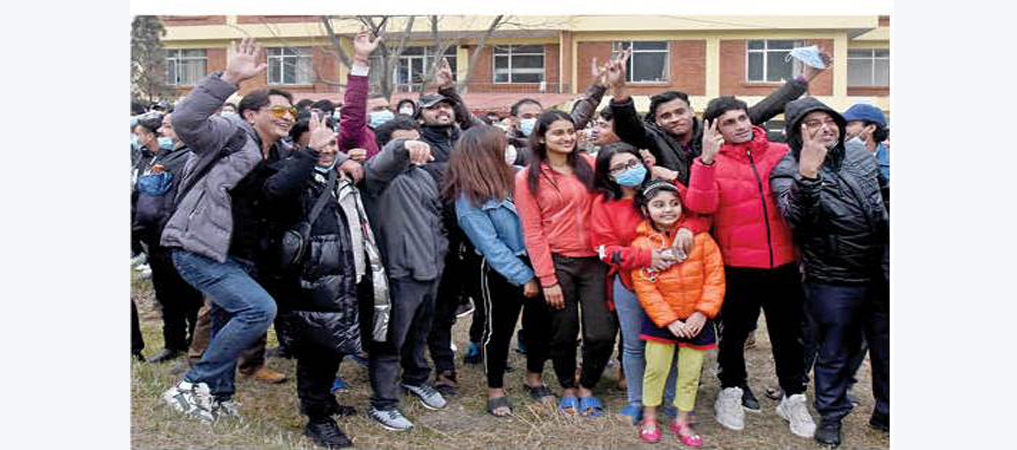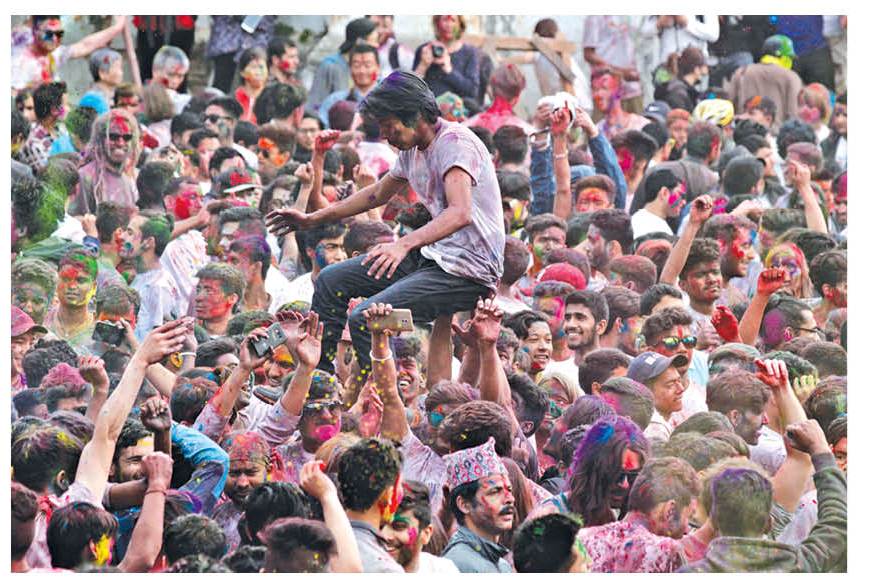Experts recommend breastfeeding even during virus infection
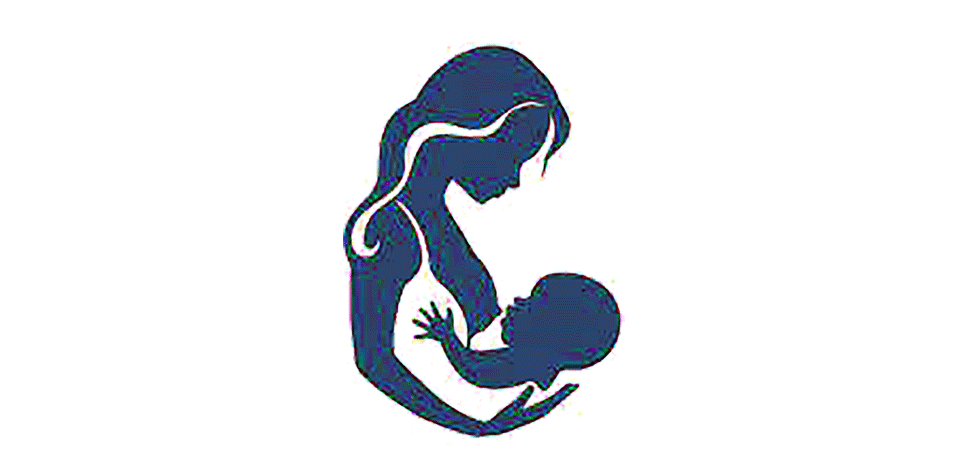
By Sampada A. Khatiwada
Kathmandu, May 31: As the second wave of the COVID-19 pandemic has been raging all across the nation, mostly the youths are being infected with the coronavirus. With over 6000 people testing positive for the virus every day in the country, it is possible that a lot of new mothers might have contracted the virus.
Similarly, many expecting mothers having to visit the hospitals or clinics frequently are also in fear of catching the virus during or after the time of their delivery. "My biggest fear is contracting the virus during the time of my delivery as the hospital is one of the riskiest areas. As I have to breastfeed and take proper care of my child, I am worried about catching the virus and then eventually transmitting it to my baby," said Sajana Uprety, 27, whose due date is in nine days.
Like Uprety, many mothers are concerned about breastfeeding their children while being infected. "Breastfeeding is the biggest problem that arises when a new mother is infected with the virus as we do not know if it is safe to breastfeed during isolation," she said.
Meanwhile, the health experts have been stating that it is safe to breastfeed the baby even during infection as breast milk is powerful than the virus.
According to Dr. Jageshwor Gautam, former spokesperson for the Ministry of Health and Population (MoHP), breastfeeding must be continued even if the mother, child or both of them are infected.
"Breastfeeding is vital in boosting up the immune system of a baby. Thus, every mother must practice it whatever the situation," said Dr. Gautam, adding that the negative impact of stopping breastfeeding on a child's health was more severe than that of virus transmission.
"In the event of a child or other testing positive, the chances of breastfeeding being stopped or use of breast milk substitutes are high," he said. "Promotion of substitutes, complementary foods and other feeding equipment which discourage breastfeeding increases the risk of transmission of other diseases and malnutrition."
Similarly, Dr. Uma Koirala, a nutritionist, said, "Mothers should always be encouraged to breastfeed their babies as mother's milk is all that a child needs to keep viruses and diseases at bay."
"Breastfeeding continuously for six months and thereafter reduces the mortality and morbidity rate. It also creates a lifelong impact on the baby's heath," said Dr. Koirala. "A breastfed baby will have stronger immunity to fight against the virus and diseases throughout his/her life. Thus, infection of novel coronavirus should not stop mothers from ensuring good health of their child."
"Breastfeeding continuously for six months and thereafter reduces the mortality and morbidity rate. It also creates a lifelong impact on the baby's heath," said Dr. Koirala. "A breastfed baby will have a stronger immunity to fight against the virus and diseases throughout his/her life."
Stating that breast milk is powerful and it can outweigh the risk of COVID-19, the MoHP, Department
of Health Services, Family Welfare Division, in coordination with other relevant organisations, have issued a joint statement urging everyone engaged in control of COVID-19 pandemic to strictly abide by Infant and Young Child Feeding (IYCF) Guidelines 2020, issued by the government.
"At present, data are not sufficient to conclude vertical transmission of COVID-19 through breastfeeding," read the statement. "Thus, infected mothers must continue breastfeeding while taking precautionary measures to prevent transmission."
Similarly, breastfeeding should be continued even if the child is infected while the mother remains uninfected.
"However, if an infected mother's health is deteriorating due to medical complications of COVID-19, breastfeeding must be stopped but breast milk should be expressed into a cup and fed to the child while maintaining hygiene," said the statement.
The statement also mentions that all stakeholders must follow and implement all provisions of the Mother's Milk Substitutes (Control and Safe Distribution) Act, 2049, and Rules 2051. "It is punishable under the law to donate, distribute, promote or advertise breast milk substitutes," warned the Health Ministry.
Dr. RP Bichha, director at Kanti Children's Hospital, said, "Breast milk has significant nutritious value to help infants fight all kinds of infection including COVID-19. Also, vertical transmission of coronavirus via breastfeeding has not been proven yet."
"However, in the present context, even infants of one to two months are being infected due to the lack of proper implementation of safety measures," said Dr. Bichha.
"Hence, it is imperative for infected mother and other healthcare professionals to strictly follow safety protocols including but not limited to wearing masks and washing hands to prevent transmission of the virus to the child while breastfeeding," he added.
Recent News

Do not make expressions casting dout on election: EC
14 Apr, 2022
CM Bhatta says may New Year 2079 BS inspire positive thinking
14 Apr, 2022
Three new cases, 44 recoveries in 24 hours
14 Apr, 2022
689 climbers of 84 teams so far acquire permits for climbing various peaks this spring season
14 Apr, 2022
How the rising cost of living crisis is impacting Nepal
14 Apr, 2022
US military confirms an interstellar meteor collided with Earth
14 Apr, 2022
Valneva Covid vaccine approved for use in UK
14 Apr, 2022
Chair Prachanda highlights need of unity among Maoist, Communist forces
14 Apr, 2022
Ranbir Kapoor and Alia Bhatt: Bollywood toasts star couple on wedding
14 Apr, 2022
President Bhandari confers decorations (Photo Feature)
14 Apr, 2022





